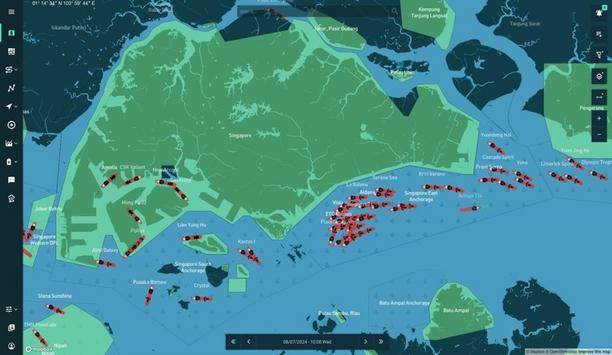Shipowners trade associations
The British Columbia Maritime Employers Association (BCMEA) is a multi-employer waterfront organisation, representing approximately 49 ship owners and agents, stevedores, container, bulk, and breakbulk terminal operators on Canada's west coast, extending from Victoria north to the Alaska border.
The British Marine Electrical & Electronics Association is a trade organisation that represents installers and manufacturers of electrical and electronic equipment such as radars, GPS receivers, radios, navigation aids, and battery chargers specifically for marine use. The BMEEA is a group association of the British Marine Federation (BMF).
The Canadian Ferry Association (CFA) is the national voice of the ferry industry in Canada. CFA is a member-based organisation representing Canadian ferry owners, operators, and industry stakeholders across the country. CFA has more than 90 members, with our owner/operator members accounting for nearly all of the major ferry routes in Canada.
The Chamber of Shipping is a not-for-profit trade association representing ship owners, operators, and agencies conducting business in Western Canada. The COS works with its stakeholders in developing collaborative solutions to industry issues and in advocating for effective policy and legislation for a sustainable shipping industry on Canada's Pacific Coast.
Container Owners Association (COA) is the international organisation representing the common interests of owners of freight containers. The principle aims of the COA are to promote common standards and safe use of containers. The COA was established to bring like-minded businesses in the container industry together to be part of a global association.
Digital Container Shipping Association (DCSA) is a neutral, non-profit group founded by major ocean carriers to digitise and standardise the container shipping industry. With the mission of leading the industry towards systematic collaboration, DCSA drives initiatives to make container transportation services transparent, reliable, easy to use, secure and environmentally friendly.
European Climate Infrastructure and Environment Executive Agency (CINEA) mission is to support stakeholders in delivering the European Green Deal through high-quality programme management. The Agency is strongly committed to fight against fraud or other serious irregularities with a potentially negative impact for EU public funds.
Evergreen Line is the unified common trade name for the four shipping companies of the Evergreen Group. The brand 'Evergreen Line' is used for international marketing purposes for Evergreen Marine Corp. (Taiwan) Ltd., Italia Marittima S.p.A., Evergreen Marine (UK) Ltd. and Evergreen Marine (Hong Kong) Ltd. and was established May 1, 2007 in response to the request and expectations of global customers.
Interferry facilitates networking and communications within the ferry industry and represents the ferry industry on regulatory and policy matters. Its members represent all types of ferry operations: RoPax, RoRo, Cruise Ferries, Fast Ferries, Passenger-only Ferries, and ferries both large and small. Suppliers to the industry are also an important part of the membership from shipbuilders and designers, to naval architects and marine engineers.
International Association of Dry Cargo Shipowners (INTERCARGO) represents the interests of quality dry cargo shipowners. INTERCARGO provides the forum where dry bulk shipowners, managers and operators are informed about, discuss and share concerns on key topics and regulatory challenges, especially in relation to safety, the environment and operational excellence.
International Transport Intermediaries Club (ITIC) is the world’s pioneering provider of professional indemnity insurance to transport professionals across the globe. As a mutual insurer, it has over 90 years of experience providing cover to companies in the marine, naval architecture, aviation, offshore and hydrographic industries. With 3,490 members in over 110 countries and a worldwide network of correspondents.
Maritime Anti-Corruption Network (MACN) is a global business network working towards the vision of a maritime industry free of corruption that enables fair trade to the benefit of society at large. Established in 2011, MACN is comprised of vessel owning companies within the main sectors of the maritime industry and other companies in the maritime industry including cargo owners and service providers.
Maritime London is the promotional body for UK-based companies providing maritime professional services to the international shipping industry. Funded by well over 130 companies and organisations from a wide range of disciplines, Maritime London ensures that the UK remains a world-beating location to base a maritime-related business and to conduct maritime trade.
The Mærsk Mc-Kinney Møller Center for Zero Carbon Shipping ensures real climate action. They are a not-for-profit, independent research and development centre, looking to accelerate the transition towards a net-zero future for the maritime industry. With their partners, they drive and facilitate the development and implementation of new technologies and build confidence in new concepts.
The Namibian Ports Authority (also referred to as ‘Namport’ or the ‘Authority’) was established by the Namibian Ports Authority Act, No. 2 of 1994. It is recognised as a public enterprise in terms of the Public Enterprises Governance Act, No. 1 of 2019. Namport aims to provide excellent port services to all seaborne trade, creating sustainable value for all their stakeholders.
Ningbo Zhoushan Port has a vast port region and long coastline, with a coastline stretching across 220 kilometers. It consists of 19 port areas, owns more than 200 large deepwater berths for vessels over 10,000 dwt., and more than 115 large and super-large deepwater berths for vessels over 50,000 dwt. Ningbo Zhoushan Port owns and operates most large and super-large deepwater berths in Mainland China.
SMOU plays a pivotal role in promoting good industrial relations between members and their employers, improving the wages and working conditions of members in the maritime industry through collective bargaining agreements with shipping companies which employ them.
The Swedish Club is a leading marine mutual insurer with its head office in Gothenburg, Sweden, and branch offices in some of the world's strategic shipping centres; Oslo, London, Athens, Hong Kong, and Singapore. The Swedish Club is a mutual, a non-profit-making organisation. Established in 1872, the Club is owned and self-managed and under the direct control of its members.
The Workboat Association is the trade, skills and safety standards association for the workboat industry. Since its inception in 1994, the association has acted as a crucial point of liaison between its membership and key regulatory and industry bodies, such as the Maritime and Coastguard Agency (MCA).
United Nations Office on Drugs and Crime (UNODC) is a pioneer in the fight against illicit drugs and international crime. Established in 1997 through a merger between the United Nations Drug Control Programme and the Centre for International Crime Prevention, UNODC operates in all regions of the world through an extensive network of field offices.
With 197 Parties, the United Nations Framework Convention on Climate Change (UNFCCC) has near universal membership and is the parent treaty of the 2015 Paris Climate Change Agreement. The main aim of the Paris Agreement is to keep a global average temperature rise this century well below 2 degrees Celsius and to drive efforts to limit the temperature increase even further to 1.5 degrees Celsius above pre-industrial levels.
Browse maritime companies
Featured events
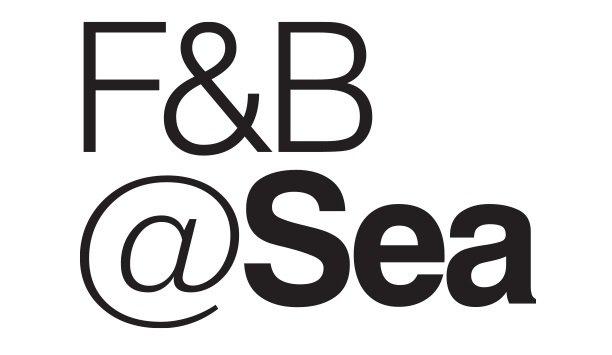
F&B@Sea 2025
- 9 - 10 Apr, 2025
- Miami, United States of America (USA)
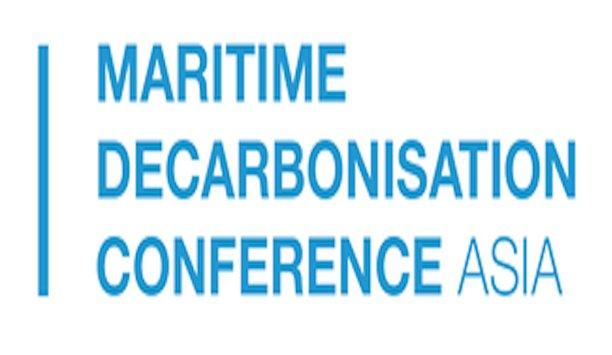
Maritime Decarbonisation Conference Asia 2025
- 15 - 16 Apr, 2025
- Singapore, Singapore
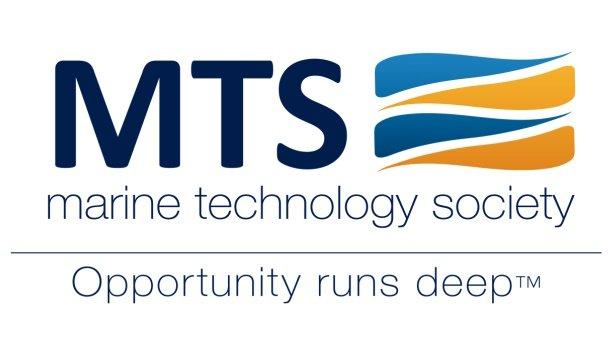
Oceans in Action 2025 Workshop
- 15 - 17 Apr, 2025
- Mississippi, United States of America (USA)
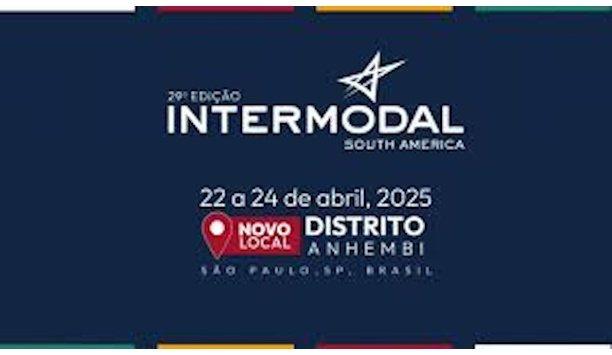
Intermodal South America 2025
- 22 - 24 Apr, 2025
- São Paulo, Brazil
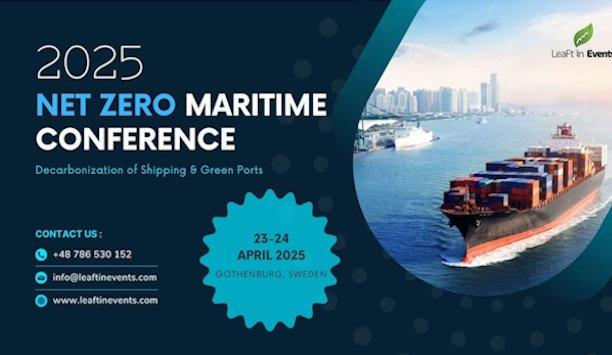
Net Zero Maritime Conference 2025
- 23 - 24 Apr, 2025
- Gothenburg, Sweden
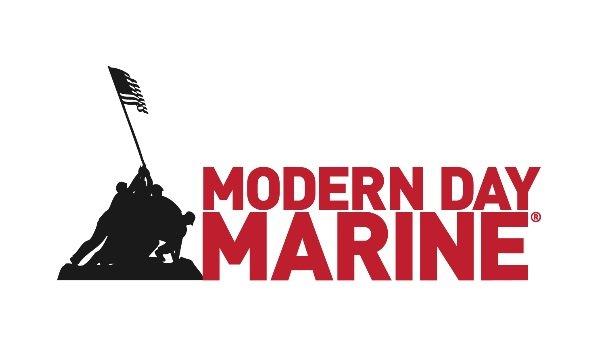
Modern Day Marine 2025
- 29 - 1 Apr, 2025
- Washington, United States of America (USA)
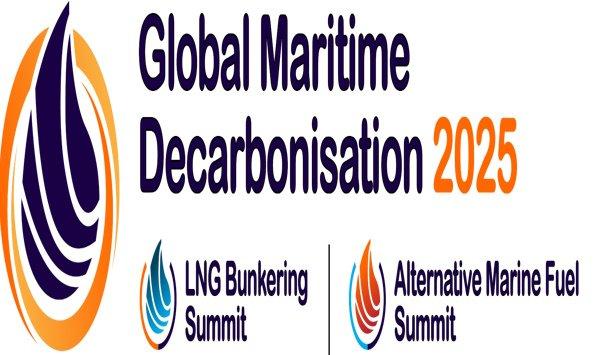
Global Maritime Decarbonisation 2025
- 6 - 8 May, 2025
- Amsterdam, Netherlands
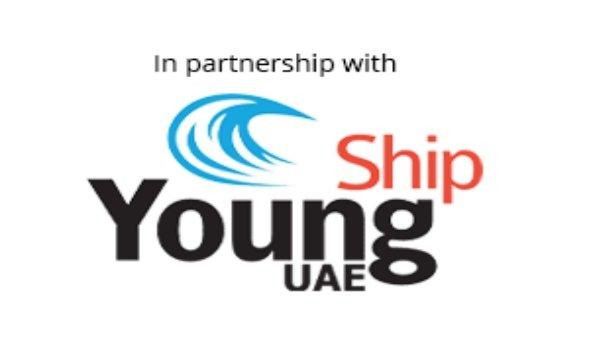
Seatrade Maritime Logistics Middle East 2025
- 6 - 8 May, 2025
- Dubai, United Arab Emirates
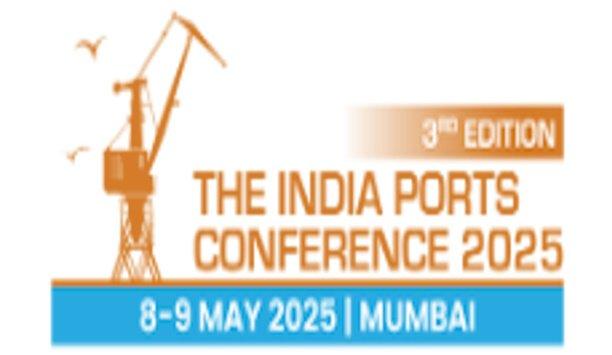
India Ports Conference 2025
- 8 - 9 May, 2025
- Mumbai, India

Maritime Networking Summit @ Costa Navarino
- 14 - 15 May, 2025
- Pylos, Greece
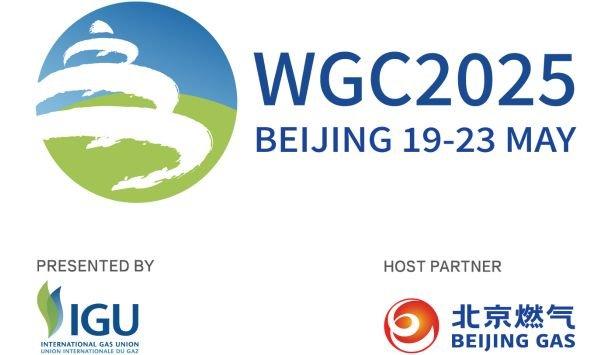
World Gas Conference 2025
- 19 - 23 May, 2025
- Beijing, China
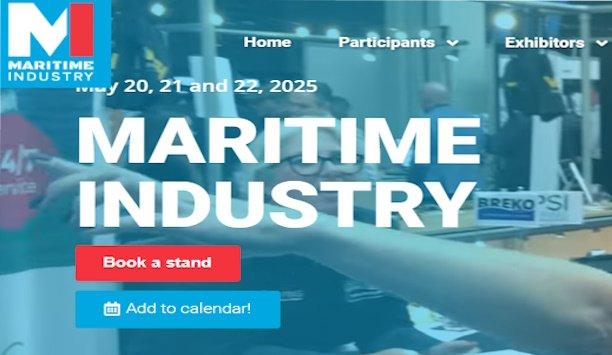
Maritime Industry 2025
- 20 - 22 May, 2025
- Gorinchem, Netherlands
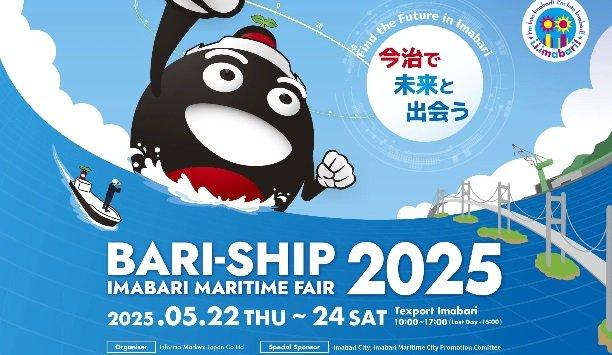
Bari-Ship 2025
- 22 - 24 May, 2025
- Imabari, Japan
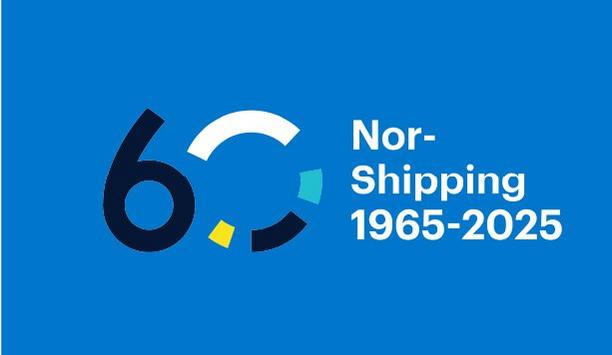
Nor-Shipping 2025
- 2 - 6 Jun, 2025
- Oslo, Norway

Ocean Invest Conference 2025
- 3 - 3 Jun, 2025
- Oslo, Norway








